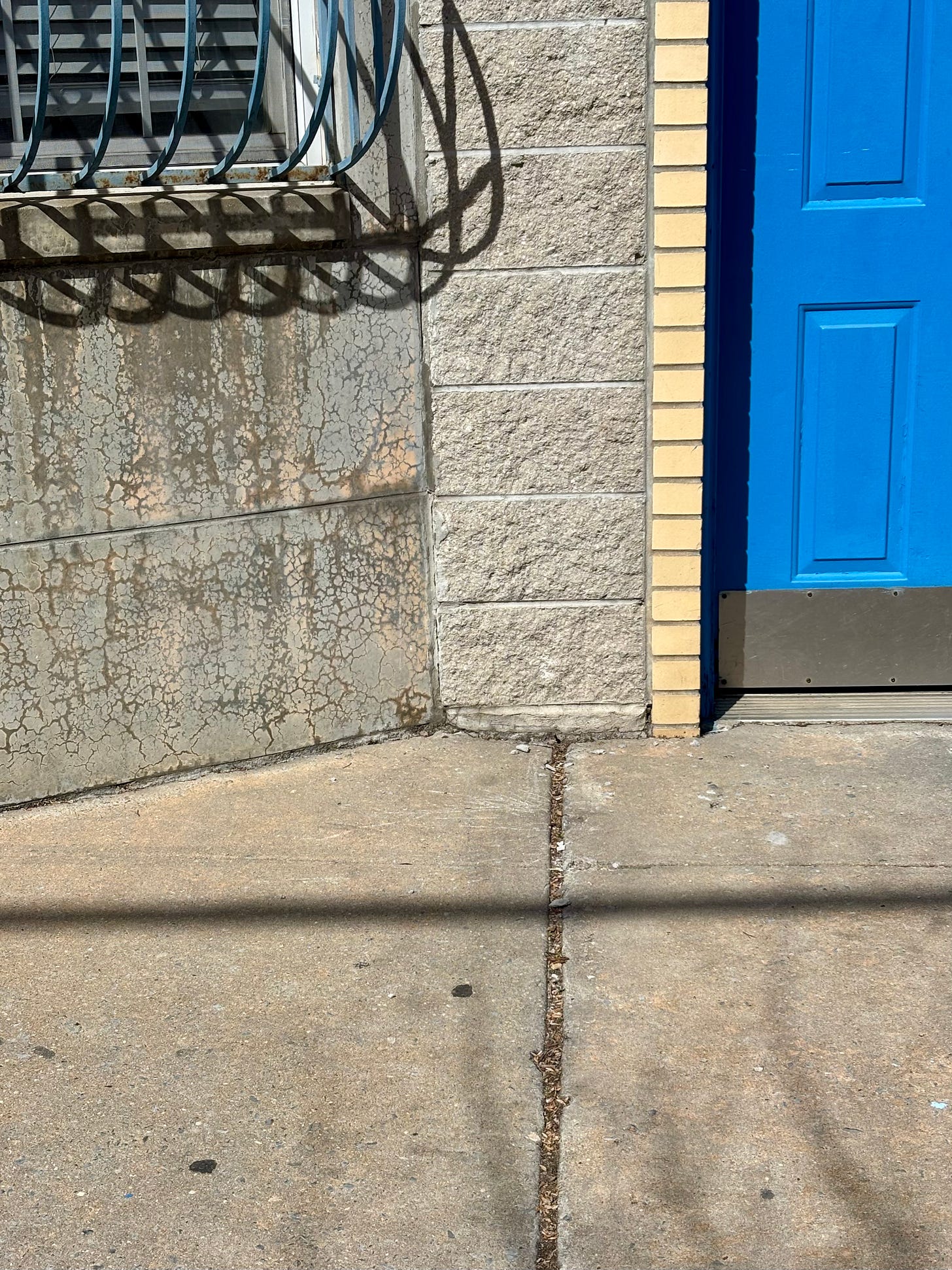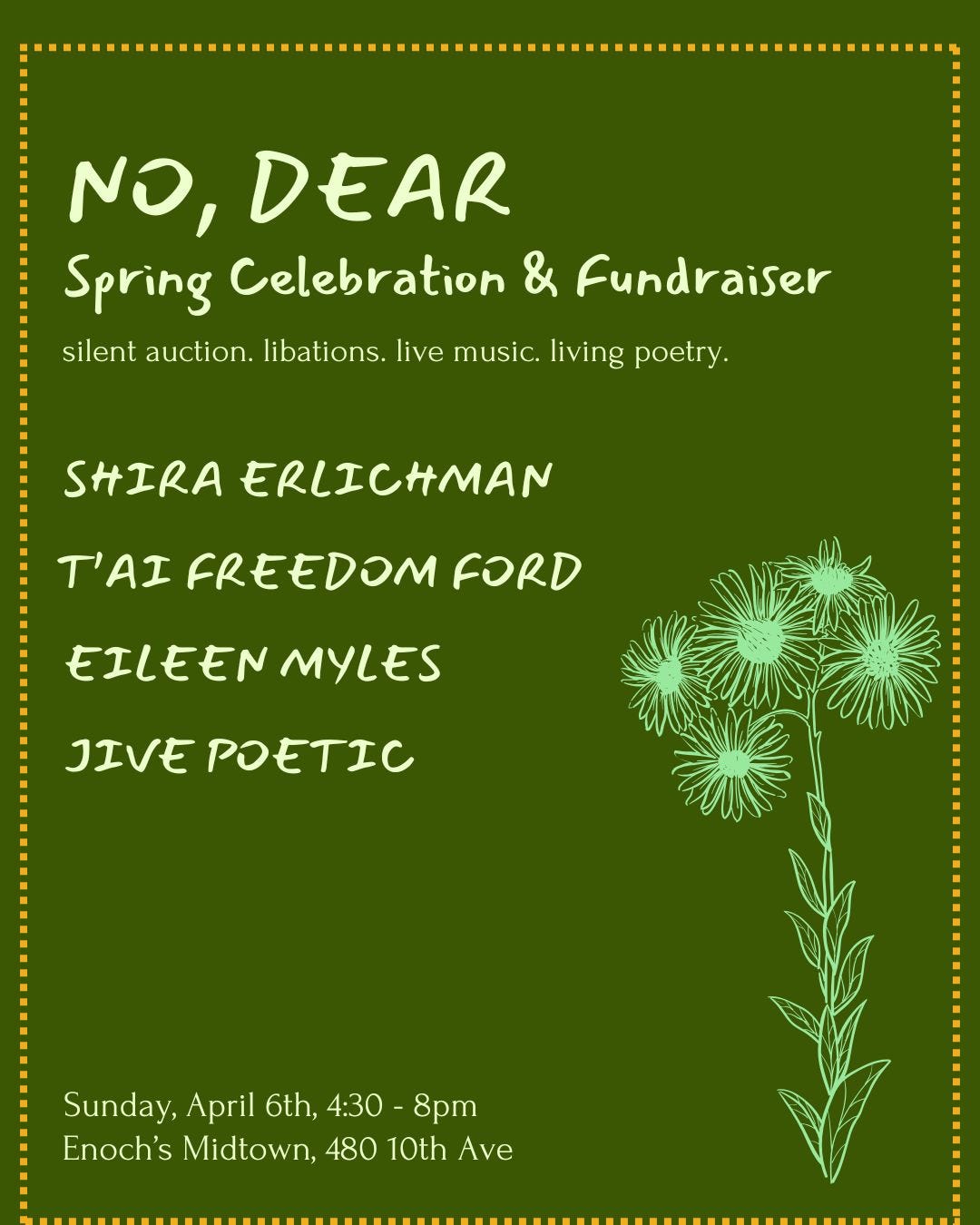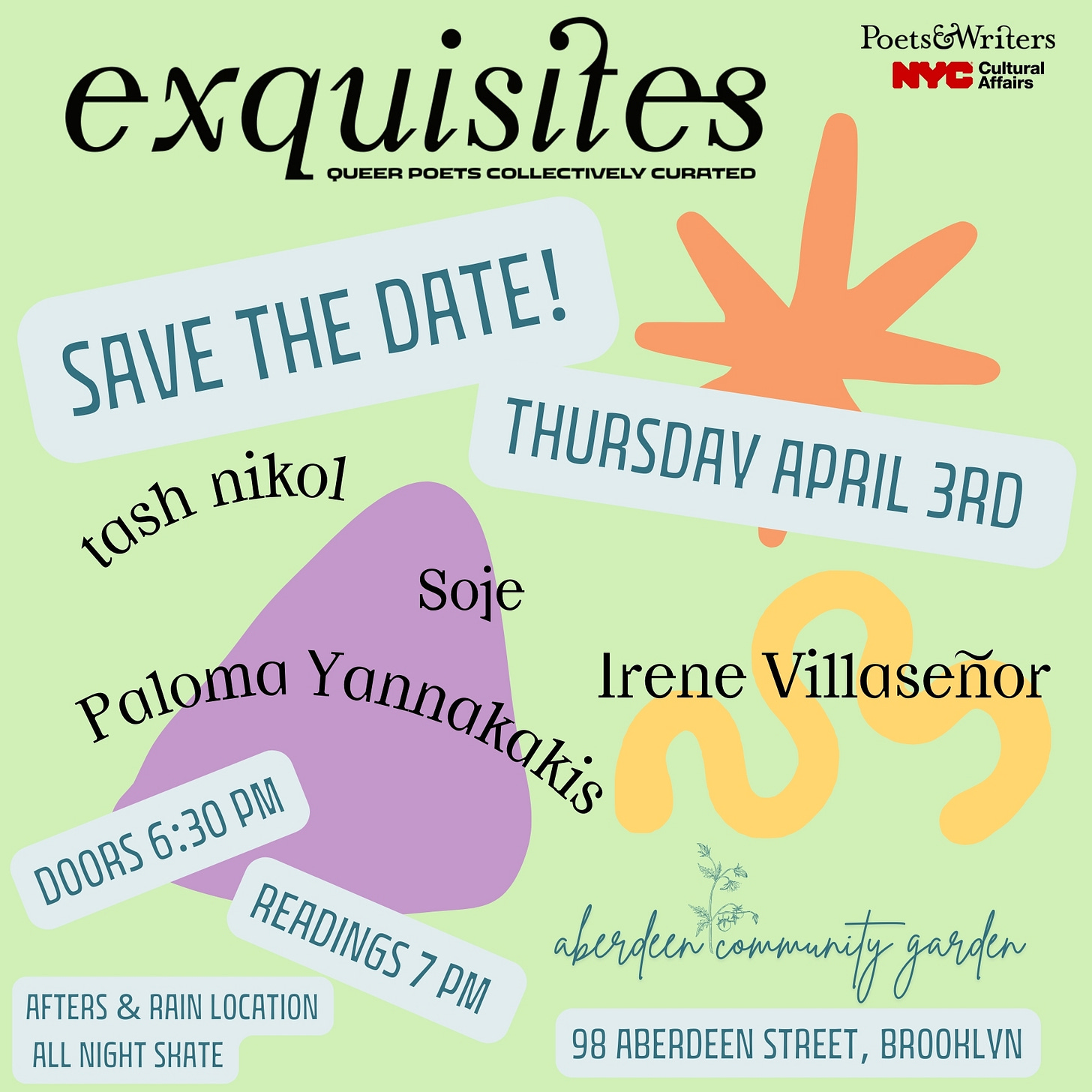
I’ve been thinking a lot about somewhere. Look: even that sentence’s awkward grammar points to the stickiness of the concept.
We’ve been forced to watch the president point violently at many somewheres. In January, the Gulf that should be called Chalchiuhtlicueyecatl (the Aztec deity of the seas) or nahá (Mayan for “great water”) but has been “of Mexico” since 1550 is suddenly renamed: “of America.” The companies whose CEOs got the good seats at the inaugurations capitulated with the change; the Associated Press’s refusal resulted in one of their reporters being blocked from an Oval Office event.
The president has pointed at Greenland with threats to annex (Usha Vance is now set to visit in time for the National dogsled race); pointed at Canada with threats to make a 51st state along with obscene flip-flop tariffs. In one of many theatrical Oval Office meetings these last few months, Zelenskyy asked the vice president whether he’s been to Ukraine to see the destruction, to which the vice president responded he’d “watched and seen the stories,” as if that was the same thing.
And, just last week, a group of 261 Venezuelan migrants alleged to be gang members were sent to a somewhere—to a prison in El Salvador.
***
I recently finished Somebody Somewhere (2022-24) on Max, a tender series whose title points to the everydayness of its characters and its Midwestern location, which for many just represents another some/elsewhere. Behind this, however, is a placemaking and storytelling driven by specificity—the show is set in Manhattan, Kansas (real-life population 53,682 as of 2023; compared to Manhattan, New York which is 1.6 million), and inspired by the life of Bridget Everett, who plays the lead role of Sam.
****
I’ve been cataloging my record collection this year, slowly and alphabetically. A few weeks ago, I spun Nana Grizol’s South Somewhere Else (2020), a record whose titular song begins “It was assumed that the South was a thing that took place somewhere else.” A whole region not just was somewhere else, it occured somewhere else. The song continues to describe all of the “dangerous narrative[s]” and “haunting imperatives[s]” of their upbringing, where “Jim Crow geographies” and “white liberal logics” seeped into all of their familiar architectures. “We weren’t noticing where the power was held,” they sing, and commit to “multiracial resistance to greedful ambitions.”
Later in the record, the band writes about another “somewhere:” Tacoma Center Detention Center in Washington, where “buses carry unnamed inmates to unnamed jails on unnamed roads.” Gizol minces no words in calling it for what it is “a euphemistic package for apartheid / a billion dollars earned in someone else’s blood / a manufactured answer to a xenophonic question.”
The prison opened in 2004 and has been the site of several inmate hunger strikes, including in 2014 and in 2020. Washington State has passed laws banning private detention facilities and the prison is expected to close this year when GEO Group’s contract with ICE expires.
***
Just a few days ago in my record archiving journey, I also stumbled upon Dolly Parton’s cover of “Deportee (Plane Wreck at Los Gatos)” on her iconic 9 to 5 and Odd Jobs (1980). The song was written in 1948 by Woody Guthrie, who was responding to a plane crash that killed 28 migrants who were being deported to Mexico. Guthrie was struck by the fact that newspaper and radio coverage of the crash did not name the victims and instead simply referred to them as “deportees.” (The Fresno Bee did list a few names, though incorrectly.) The poem Guthrie wrote in response included symbolic names—Rosalita, Jesús, María—later set to music by Martin Hoffman and popularized by Pete Seeger years later.
Of course, with Guthrie and Seeger and Parton, it is worth interrogating the impact of these white folk singers singing about non-white deportees. What is the impact of names merely symbolic?
***
More than 75 years after the Los Gatos plane crash, the US Government is not providing a list of names of the Venezuelan immigrants it is currently trying to deport, not to mention not disclosing evidence of their connection to the gang Tren de Aragua. Many families are left to recognize their loved ones from videos from the government of El Salvador. (NPR)
***
I’ve been re-reading Layli Long Soldier’s Whereas (2017) in preparation for this month’s Long Poem Support Group (this Tuesday on Discord, guest facilitated by e.jin). In “38” (also shared by Jimena Lucero during her exquisites workshop), she writes:
The word Minnesota comes from mni, which means water; and sota, which means turbid.
Synonyms to turbid include muddy, unclear, cloudy, confused, and smoky.
Everything is the language we use.
Everything is in the names, too, whose misspellings and re-namings are a kind of muddying, a kind of clouding that make systems of power and histories of violence clear like potable water.
***
Of course, it is all connected. Racial capitalism, eugenics, and colonialism require the dehumanization of bodies, it also requires spaces to be stripped of their specificity and of their original tenders. The original names of Gulfs or rivers or cities are too much of a reminder of their original stewards, so it’s easier to just change it. From Brooklyn, the South and the Midwest are far-off somewheres that might as well be one blurry thing. Who cares if you’ve been to Minnesota or Manhattan or Ukraine. We’ve seen the propaganda paintings and posts and those give you as good a sense as you need of those places. All migrants are violent and less-than-human, doesn’t matter what specific lesser country they come from or what number they get in detention.
And what of the reclamation? There’s a reason why moments and social movement chants are full of names, as are land acknowledgements, as fraught as those are too. Does naming, real and symbolic, go far enough?
***
It makes sense to long for somewhere, for else. So many of our spaces fail to meet our needs and so we look others.
What of that space that has not been built? (Really not been built or imagined, without any of the colonial delusion.) What can we make possible there?
***
Currently Reading:
Michael Genese’s blooming newsletter The Minor 9th: Every Small Tipping Point — with a new post, “The Land Shifts” certainly worth a read post-Spring equinox and as a potent seed for hope and rigor
Joselia Rebekah Hughes’s Substack Black_Sapce’d, which just released an urgent, wandering, and also musical essay “Tap the Pain To Say…”
Renee Gladman’s big-small, poetry-fiction, meta-eulogy TOAF, via Lara Mimosa Montes’s wonderful Writing on Writing Book Club
More of Dean Spade’s Love in a Fucked Up World! Here is another of many underlined sentences:
We can be caring and compassionate towards ourselves, understanding that transformation is gradual, that we came by our old coping mechanisms honestly and we’re not bad for having relied on them.
Recent/Upcoming
My interview with alexa dexa, “space to be a while” is now live on Futch Magazine! I’m so excited to share this conversation (in two parts!) that was such a joy to have with alexa last summer.
I am DJing another party with Celebrate 845 this Monday (3/24) on Zoom! Free, with donations going to their PPE Hubs—come dance!
Next month, exquisites is back at Aberdeen Community Garden with a sweet lineup of poets:
Also next month, I’m supporting and the opening DJ for No, Dear’s upcoming Spring Fundraiser at Enoch’s! Join us for readings by Eileen Myles, Shira Erlichman, Jive Poetic, and t’ai freedom ford—and if you can’t look through our silent auction for some goodies.

Until somewhere,
d



